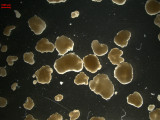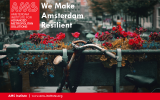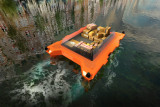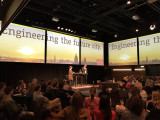AMS Institute
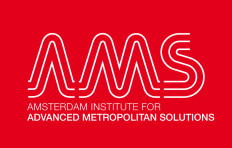
Program Partner Amsterdam Smart City
AMS Institute is a young institute for applied technology and urban design, founded by TU Delft, Wageningen University & Research and MIT. In this Amsterdam based public-private institute, talent is educated and engineers, designers, digital engineers and natural/social scientists jointly develop and valorise interdisciplinary metropolitan solutions. Our aim is to find answers to the urban challenges of sustainability and quality of life, including resource and food security, mobility and logistics, water and waste management, and health and wellbeing.
Activity
- 115Updates
- 0Thumbs up
- 10Comments
Saskia Timmer,
Program Developer Urban Energy
at AMS Institute,
posted
Maud Kaan,
Communications Advisor
at AMS Institute,
posted
AMS Institute,
Re-inventing the city (urban innovation)
at AMS Institute,
posted
Dina El Filali,
Intern Research & Valorisation
at AMS Institute,
posted
Maud Kaan,
Communications Advisor
at AMS Institute,
posted
Maud Kaan,
Communications Advisor
at AMS Institute,
posted
Debby Dröge,
Head of Communications
at AMS Institute,
posted
Maud Kaan,
Communications Advisor
at AMS Institute,
posted

